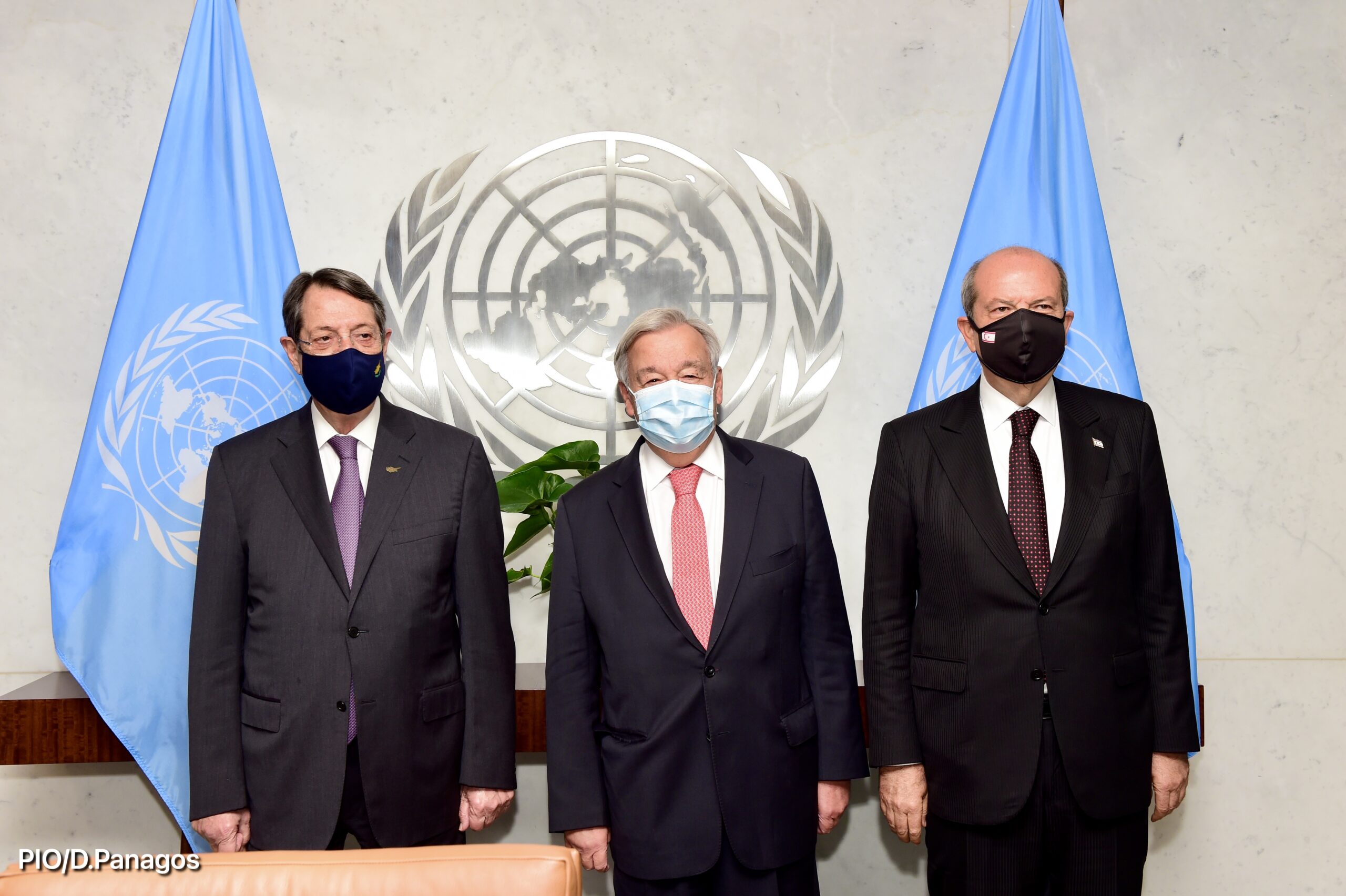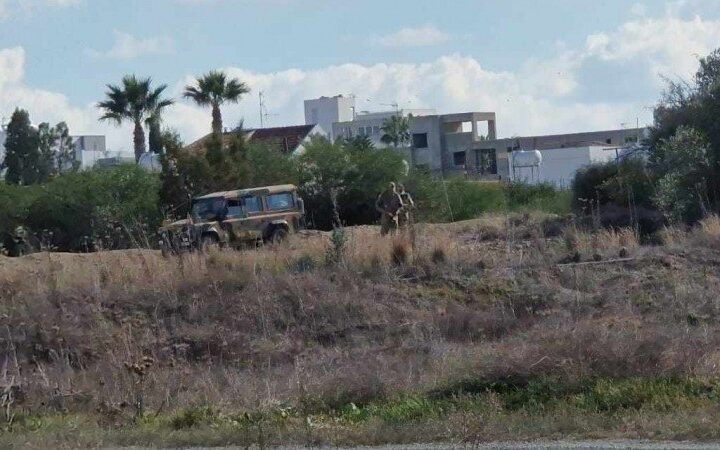The political climate between the two sides in divided Cyprus has deteriorated, says UN Secretary General Antonio Guterres in his mission of good offices report for June to December.
“In the absence of constructive or harmonised messages from the two leaders that could resonate with both communities, the climate between the two sides and vis-à-vis the United Nations has deteriorated”, said Guterres.
According to the report, due to the lack of progress by the two sides towards finding common ground, public confidence in prospects for reaching a negotiated settlement in Cyprus remains low islandwide.
“The positions of the two sides remain far apart, and both sides maintain their opposing views about the way forward.”
He also notes that the political landscape has been further complicated by disputes and statements regarding areas in and adjacent to the UN-controlled buffer zone and Varosha.
Guterres said the situation on the island is compounded by ongoing tensions in the eastern Mediterranean, including maritime zone claims and a worsening of relations between the guarantor powers Greece and Turkey.
The report also points out that beginning in October, hardening demands related to the status of the north and political rhetoric in the south in the context of electoral campaigning increased perceived psychological barriers to cooperation.
“While the overall climate has become increasingly negative, with a further deepening of mistrust, the technical committees have nonetheless achieved some progress in reducing existing barriers to intercommunal contact and trade.
This included increased trade volume after the Republic of Cyprus eased certain restrictions on the trade of processed food items of non-animal origin under the EU Green Line Regulation.
On confidence-building measures proposed, discussions were held with the sides on possible steps forward.
“An understanding between the representatives of the two leaders to focus initially on a European Union-backed proposal for a photovoltaic park potentially to be located in the buffer zone and on irregular migration, a pressing issue for both sides, had not yet produced progress on a way forward.”
According to polls, “a majority of respondents from both communities reconfirmed their aspirations for a mutually agreed settlement and expressed the belief that it was imperative to reach one as soon as possible”.
“Despite the desire and urgency expressed, however, significantly fewer respondents of those polled had confidence that a settlement could be reached”.
Guterres said respondents who had contact with members of the other community, in general, wanted a settlement more urgently, had higher trust and less fear of the other community and foresaw fewer problems in case of a settlement, compared with the respondents without contacts.
He notes that difficult political and economic developments and regional tensions have impacted both communities over the past six months.
“The situation has both reflected and exacerbated the current lack of political space for finding common ground for formal negotiations, with the positions of the two sides growing further apart.”
Given the continuing absence of full-fledged negotiations, the leaders’ presence at the 7 December reception in Nicosia sent a positive signal to the broader public.
“The continued absence of substantive dialogue on the Cyprus issue between the two sides, and given the prevailing socioeconomic and political climate, prospects for reaching common ground on the Cyprus peace process remain uncertain.”










